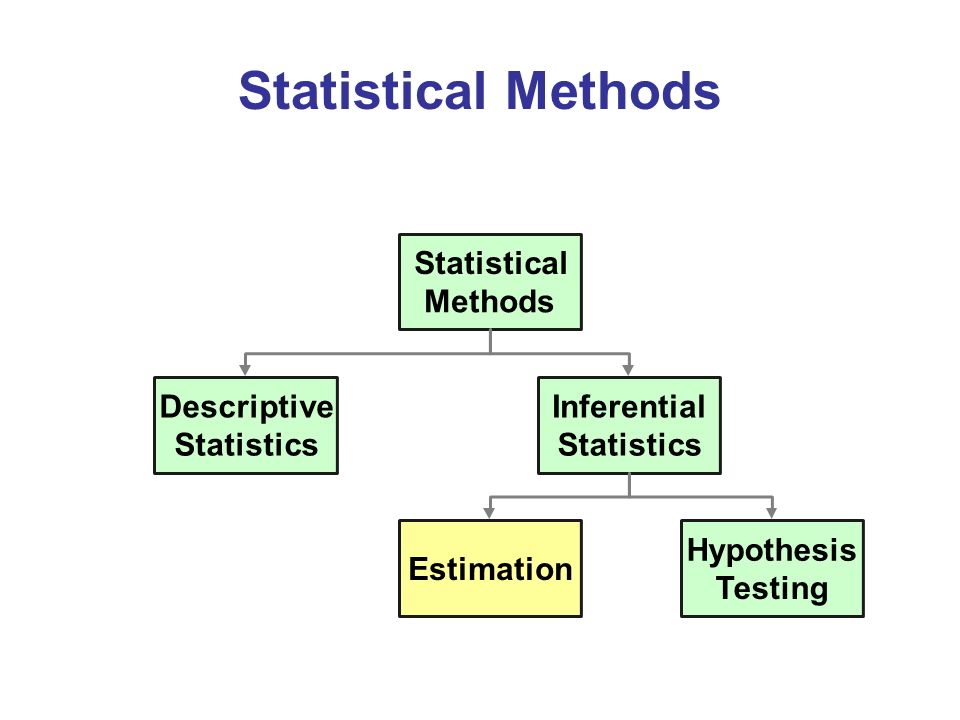Positivity, the assumption that every unique combination of confounding variables that occurs in a population has a non-zero probability of an action, can be further delineated as deterministic positivity and stochastic positivity. Here, we revisit this distinction, examine its relation to nonparametric identifiability and estimability, and discuss how to address violations of positivity assumptions. Finally, we relate positivity to recent interest in machine learning, as well as the limitations of data-adaptive algorithms for causal inference. Positivity may often be overlooked, but it remains important for inference.
翻译:概率假设,即人口中发生的各种混杂变量的每一个独特组合都有非零行动概率,都可以被进一步定义为决定性的正阳性和随机性。 在这里,我们重新审视这一区别,研究其与非参数可识别性和可估计性的关系,并讨论如何解决违反假设性假设的问题。 最后,我们把相对性与最近对机器学习的兴趣以及数据适应性算法对因果关系推论的局限性联系起来。 可能性可能常常被忽视,但对于推论来说仍然很重要。


